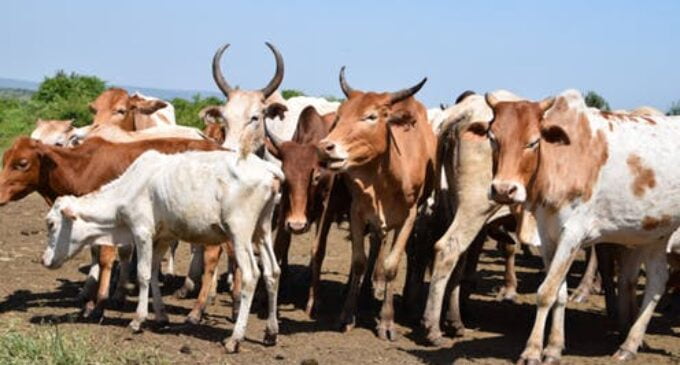Food and animal experts emphasize that the ingestion of animal blood as a meat substitute, especially from diseased animals, carries the potential for triggering another outbreak of anthrax disease.
The confirmation of an anthrax outbreak on a mixed livestock farm in Niger State by the Nigeria Centre for Disease Control and Prevention in July 2023 highlighted the zoonotic nature of anthrax. This infectious disease, caused by bacteria, can affect both humans and animals and is transmitted through the consumption of raw or undercooked meat and other products from infected animals.
Zoonosis, defined by the World Health Organization, refers to infectious diseases transmitted from animals to humans, with over 200 types identified as a significant portion of new and existing human diseases.
Blood collected during the slaughter of livestock species, including cattle, pigs, and chickens, is commonly dried through various methods such as solar, oven, drum, flash, and spray drying, according to Feedipedia, an animal feed resources information system.
While several Nigerian tribes process and consume animal blood as a form of meat, experts caution that, despite being a rich source of protein and iron, this practice raises concerns about the transmission of animal-to-human diseases.
Prof. Olugbenga Ogunmoyela, the President of the Consumer Advocacy for Food Safety and Nutrition Initiative, highlighted the potential risks associated with consuming animal blood as meat. He stressed that the safety of blood as a human food depends on various factors, including the handling process from rearing the animal to the final plate.
Proper cooking can reduce the risk of foodborne illnesses, but consuming raw blood is not considered safe.
Ogunmoyela acknowledged that blood meal, a byproduct of blood processing, is a good source of protein used in animal feeds and compound fertilizers. However, he cautioned against excessive consumption, which could lead to health issues such as hemochromatosis due to elevated iron levels.
Muhammad-Bashir Bolajoko, Assistant Director and Veterinary Preventive Medicine Consultant at the National Veterinary Research Institute, explained that while some cultures and tribes consider consuming animal blood as meat, it remains taboo in others. He emphasized the importance of collecting blood hygienically from healthy animals to ensure its safety for consumption.
Bolajoko warned that consuming blood from sick animals poses the risk of infection with zoonotic diseases, such as anthrax. The practice of consuming raw blood, especially from diseased animals, increases the likelihood of outbreaks of such diseases that can be transmitted through blood.




















